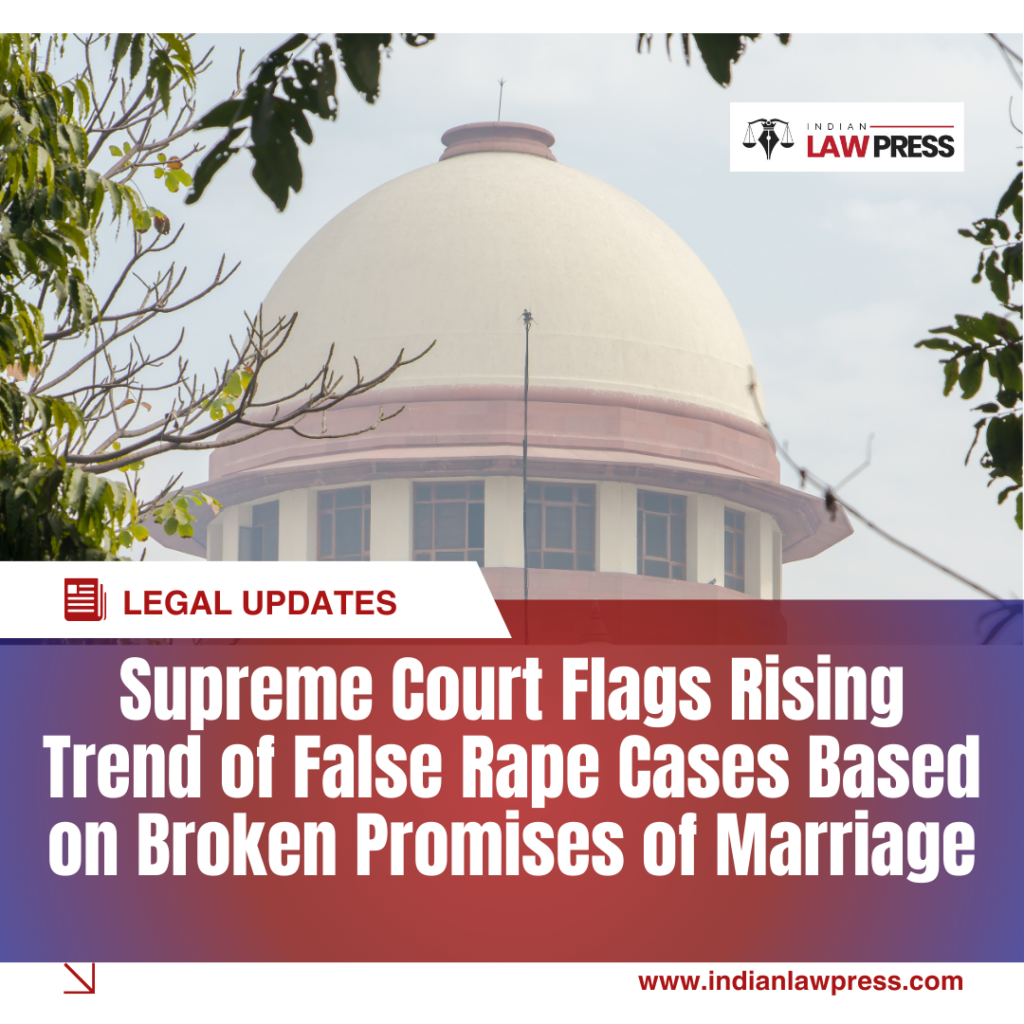
Loksabha
Introduction
On April 5, 2024, the Waqf (Amendment) Bill officially became law after receiving the assent of President Droupadi Murmu, following its passage in the Lok Sabha on April 3 and the Rajya Sabha on April 4. However, this legislative move has triggered a legal storm, prompting multiple petitions to the Supreme Court of India.
Among the earliest to approach the apex court were AIMIM leader Asaduddin Owaisi and Congress MP Mohammad Jawed, challenging the validity of the newly enacted law. As of now, 72 petitions have been filed seeking its repeal, raising a fundamental constitutional question — Can the Supreme Court overturn a law enacted by Parliament and approved by the President?
What Powers Does the Supreme Court Hold?
As the highest judicial authority in the country, the Supreme Court plays a crucial role in upholding the Constitution of India. It has the power to review, interpret, and invalidate any law that is found to be unconstitutional.
However, to strike down a law, petitioners must demonstrate that it violates the fundamental rights or basic structure of the Constitution. This is a high threshold, ensuring that judicial intervention occurs only in cases of clear constitutional breaches.
Grounds for Challenging the Waqf (Amendment) Act
Opponents of the Waqf (Amendment) Act argue that the legislation infringes upon religious freedoms and minority rights guaranteed by the Constitution. Key constitutional provisions cited in the challenges include:
- Article 25: Ensures the freedom of religion and allows individuals to freely practice and propagate their faith.
- Article 26: Grants religious communities the right to manage their own affairs in matters of religion.
- Article 29 and 30: Protect the cultural and educational rights of minorities.
Petitioners claim that the amendments interfere with religious institutions’ autonomy and could pave the way for state overreach into religious property management.
Past Supreme Court Interventions in Similar Cases
The Supreme Court has a history of intervening in laws that potentially conflict with the Constitution. Here are some notable examples:
- Article 370 Repeal (Jammu & Kashmir): While the apex court upheld the repeal of Article 370, it directed the government to restore statehood and conduct assembly elections by September 2024.
- Electoral Bonds Case: In a landmark decision, the court ruled that political funding via electoral bonds was unconstitutional due to lack of transparency and violation of Article 19(1)(a) (freedom of speech and expression). The State Bank of India was ordered to disclose donation details.
- Citizenship Amendment Act (CAA): Although facing widespread protests and legal scrutiny, the Supreme Court has not banned the CAA. The matter, including the validity of Section 6A, remains pending.
- Farm Laws (2021): The apex court placed a temporary stay on three controversial farm laws, citing potential harm to farmers and favoritism towards corporate interests.
Conclusion: Can the Supreme Court Strike Down the Waqf Act?
Yes — but only if it is proven that the Waqf (Amendment) Act violates constitutional principles, particularly fundamental rights. The Supreme Court’s review power is not arbitrary; it is grounded in a commitment to preserve the Constitution’s core values.
As hearings progress, the outcome will not only determine the future of the Waqf Act but also reinforce the balance between legislative authority and judicial oversight in India’s democratic setup.
Read Also: Supreme Court Puts Waqf Amendment Act 2025 Under Scrutiny: Key Developments from the Latest Hearing





